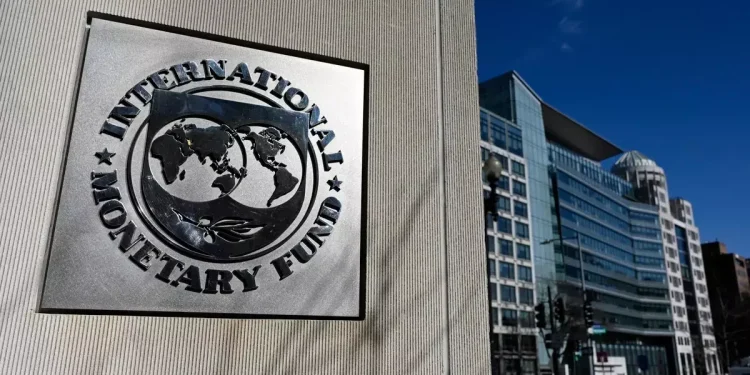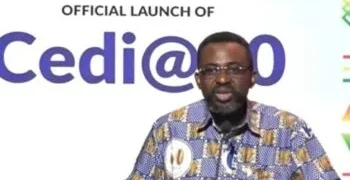Guinea-Bissau, IMF Reach Staff-Level Agreement on Ninth ECF Review
The International Monetary Fund (IMF) and the Government of Guinea-Bissau have reached a staff-level agreement on economic and financial policies under the country’s Extended Credit Facility (ECF) arrangement, following a mission led by Niko Hobdari, IMF Mission Chief for Guinea-Bissau.
The discussions, held in Bissau from September 23 to October 3, 2025, focused on the Ninth Review of the three-year ECF programme. The agreement remains subject to IMF Management approval and Executive Board consideration, contingent upon the implementation of agreed prior actions.
The initial ECF arrangement, approved by the IMF Executive Board on January 30, 2023, provided SDR 28.4 million (US$37.3 million) in total support. This was later augmented to SDR 39.76 million (140 percent of quota) in November 2023.
Upon completion of the Ninth Review, Guinea-Bissau will have access to SDR 2.36 million (US$3.2 million), bringing total disbursements under the programme to SDR 37.4 million (US$51.3 million).
Strong Growth Outlook Amid Fiscal Pressures
Economic growth in Guinea-Bissau is projected to reach 5.5 percent in 2025, driven by strong cashew nut production, favourable terms of trade, and resilient private consumption and investment.
However, the fiscal deficit is expected to exceed earlier projections, reflecting a shortfall in domestic revenues and spending overruns during the first half of the year.
Program performance has been mixed, according to the IMF. Seven out of ten Quantitative Performance Criteria (QPCs) for June 2025 were met, while the targets on the wage bill, non-regularized expenditures (DNT), and common expenditures were missed. Despite these lapses, the Fund noted progress on structural benchmarks, albeit with delays.
Fiscal Consolidation Measures
The IMF mission noted that the 2025 budget faces “significant pressures” due to revenue shortfalls and expenditure overruns. The authorities have committed to implementing corrective fiscal measures to achieve a revised deficit target of 4.2 percent of GDP in 2025.
Further measures are planned for 2026 to enhance domestic revenue mobilization and tighten expenditure controls, with the goal of reducing the fiscal deficit to 3.5 percent of GDP.
The Fund urged the government to rationalize tax exemptions, accelerate tax administration reforms, and strengthen the implementation of the new VAT system to create fiscal space for development spending. It also called for improved oversight of state-owned enterprises (SOEs) and the banking sector to mitigate fiscal risks.
Structural Reforms and Governance
Looking ahead, the IMF emphasized the need for continued progress on governance and anti-corruption reforms, infrastructure investment, and energy sector reliability, noting that these are essential for inclusive growth and economic diversification.
“Advancing key structural reforms will support inclusive growth and economic diversification,” said Mr. Hobdari. “The authorities should rationalize tax exemptions, strengthen fiscal administration, and manage risks from state-owned enterprises to safeguard macroeconomic stability.”
Continued Engagement and Reform Commitment
The IMF team commended the Guinea-Bissau authorities for their continued policy engagement and reaffirmed the importance of maintaining reform momentum to consolidate macroeconomic stability and foster long-term growth.
During the mission, the IMF delegation met with President Umaro Sissoco Embaló, Prime Minister Rui Duarte Barros Camara, Finance Minister Ilídio Té, Economy Minister Mário Sambu, Energy Minister António Forbes, and BCEAO National Director João Cassama, among other senior government and central bank officials.
Engagements were also held with representatives from the National Institute of Statistics, the Court of Accounts, public and private enterprises, and Guinea-Bissau’s development partners.








